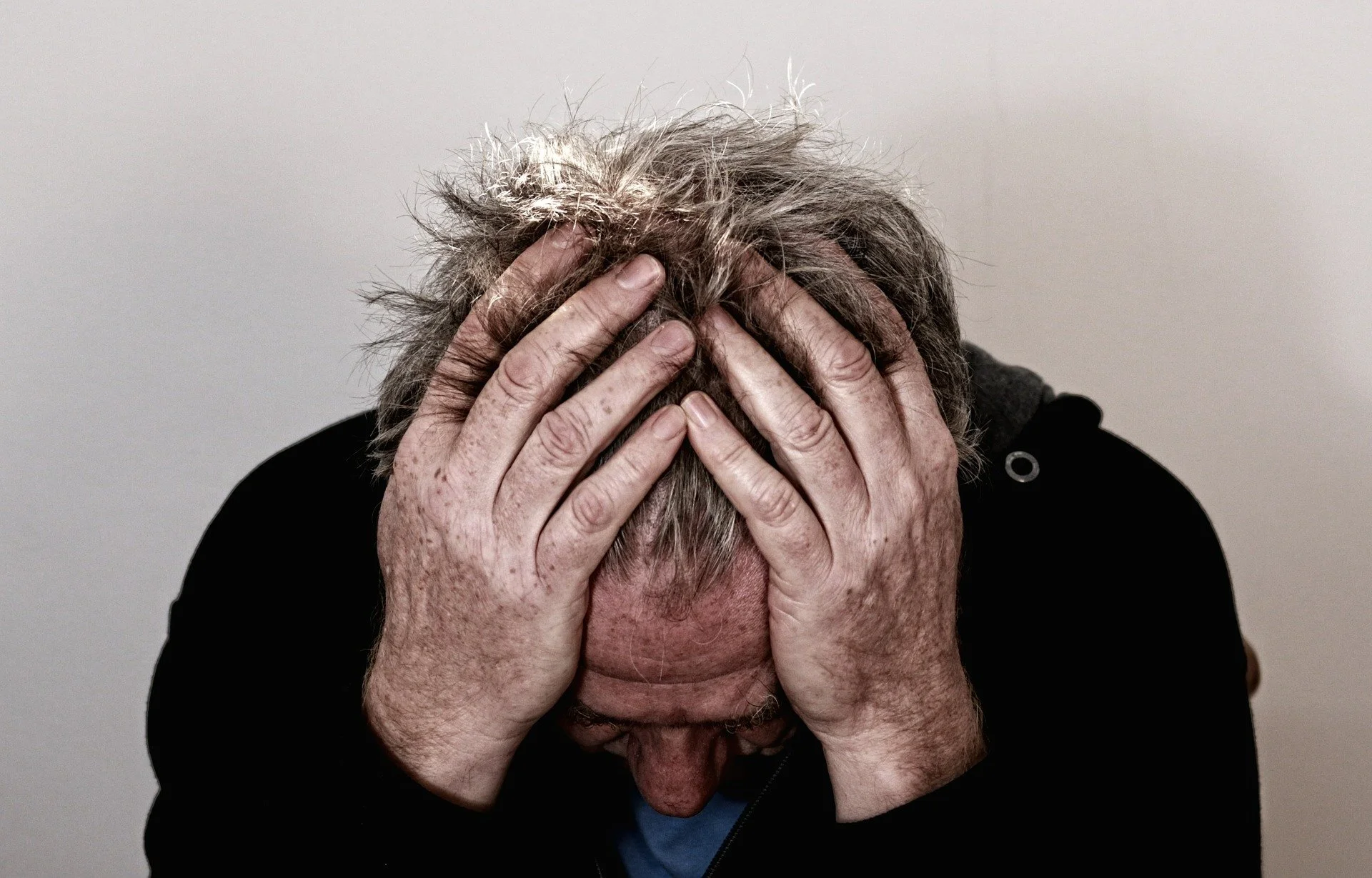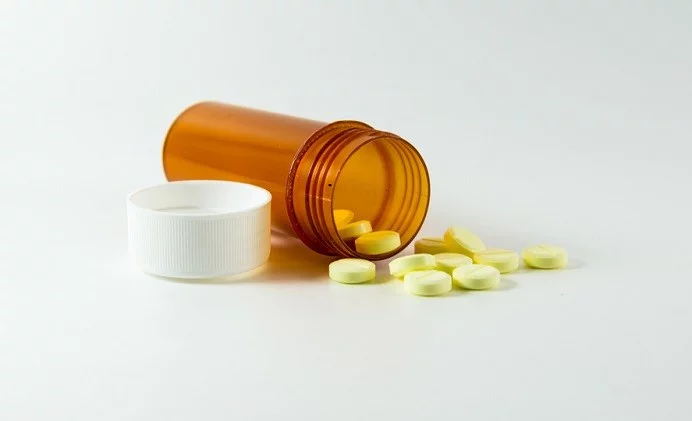- Home
- Types of Addiction
- Alcohol Addiction Help & Treatment
Alcohol Addiction Help & Treatment
When considering addictions, not many individuals may consider alcohol as one of the most addictive substances widely available across the world.
In fact, alcohol is one of the most dangerous drugs purely for this reason.
From 2019 to 2020 in England, there were an estimated 280,000 admissions to hospitals – directly as a result of consuming alcohol.
This is a 2% increase from the previous year and an 8% increase from the years before this, which shows the increasing danger of alcohol as a drug in society.
Though most people may consume alcohol recreationally, infrequently and in small doses, the risk that alcohol poses to thousands of individuals across the UK is unparalleled, leading to an increase in research over the past decade or so.
With this research, there are new connections being found between alcohol addictions and decreasing cognitive functioning – something that is especially evident in younger adults and adolescents.
For this reason, understanding more about alcohol addictions and their effects on individuals is essential in order to gain a better understanding of treatment, rehabilitation, and long-term recovery.
How Do I Know If I’m Addicted To Alcohol?

Before considering potential treatment options for alcohol addiction, it is essential to understand the difference between alcohol misuse and alcohol abuse.
Alcohol addictions can be seen on a scale, though help and support are important no matter where on it you fall.
In fact, helping those who misuse the drug is equally important as helping those who abuse it.
However, there are several questions that an individual can ask of themselves or of someone they know to determine whether their alcohol usage is a danger or risk to their health.
To assess an alcohol addiction, it may be useful to consider some of the following questions:
- Do you drink more than intended or expected when engaging in alcohol consumption?
- Have you tried to cut down or stop alcohol usage in the past but been unable to?
- Have you had past experiences with relapse, even after stopping usage?
- Do you often experience strong cravings to consume alcohol?
- Do you attempt to hide or conceal your alcohol-based behaviours from close friends or family?
- Have you continued drinking despite the negative effects alcohol may have on your career, relationships or finances?
Alcohol Is A Physically Addictive Drug

Physical dependence on alcohol develops when an individual has a long history with the drug, consuming more than the recommended amounts regularly and not attending to the physical and mental symptoms that may arise due to this.
When someone is addicted to alcohol, it can be incredibly difficult to stop alone, and relying on friends, family or other immediate carers is not generally as effective as seeking external sources of support.
With physically addictive drugs, the most risk comes during the detoxification stage (more on this specifically later in the article).
This is the riskiest stage as it often occurs at the beginning of an individual’s rehabilitation journey.
Detoxification and withdrawal refer to the processes in which someone cuts down on their alcohol usage, but this can have some serious effects.
Physically addictive substances carry more risk during a detox than other drugs as individuals experience serious physical effects, ranging from mild to severe depending on their history and usage.
Unlike other recreational drugs such as cocaine, individuals withdrawing from alcohol can even risk death in some instances.
For this reason, understanding the physically addictive nature of alcohol and researching the different stages of withdrawal are of utmost importance, especially for those beginning rehab or those researching it on another’s behalf.
Alcohol Detoxification And Withdrawal

As mentioned above, understanding the risks and dangers associated with alcohol addiction is essential in making a full and comprehensive treatment programme for the individual.
As part of this, the individual will have to undergo a full detox.
This is when the harmful toxins and chemicals are removed from the body that have built up as a result of a long-term alcohol addiction.
As alcohol is a physically addictive drug, this can have serious effects on the individual’s wellbeing and safety during this process.
Below are some of the most common withdrawal effects that individuals may experience:
- Paranoia
- Insomnia
- Body tremors
- Increased sweating
- Alcoholic seizures
- Anxiety
- Depression
- Hallucinations (auditory and visually)
These effects vary within individuals depending on their history of alcohol usage, especially depending on frequency and dosage during usage.
Reasons Why Someone May Develop An Alcohol Addiction

More now than ever there are a growing number of reasons why an individual may develop an alcohol addiction.
In some cases, it may be an example of an individual who drinks when they attend social events quickly leading to a dependence on this drug to speak and interact with people.
Often, social anxiety and alcohol addictions can come into place, making it hard for individuals to feel as though they can talk to people without the need for alcohol.
For others, alcohol may be a form of coping mechanism to deal with everyday life.
For these individuals, alcohol may be necessary in order to maintain functioning relationships, manage their financial worries or help them de-stress after work.
Alcohol may become a source of comfort for these individuals, making it hard for them to see life without the drug and making the thought of removing it from their life stressful.
In these instances, approaching a conversation about their addiction can be challenging and can often be met with anger or denial.
Listening to the individual here is the best solution, making sure to try and understand their perspective in order to help make the best decisions in terms of future treatment and rehabilitation in general.
The First Places To Find Help

Knowing where to start with alcohol rehab is one of the most difficult stages of recovery.
Often, this is where people may lose motivation after seeing the wide range of treatments and therapies available to them.
However, it is important to understand that recovery is a gradual process and no decision made on a whim will be effective.
For this reason, there are a number of places where an individual may find support in the early stages of seeking care.
For many, speaking to close friends or family can be a great source of initial support.
From this, the individual may receive advice on who to talk to, or they may find that someone they know has experience or contacts with people who may be able to help them.
This is also a strong source of familiarity during support, as the individual trusts those who they choose to confide in.
Another common initial source of support is the individual’s local doctors’ surgery or GP.
In the modern world, help can be accessed for all types of issues through many different types of services, and are often local, convenient, and provide referrals for any more serious issues that may arise.
Family Drug Support And Co-Dependency

Although close friends and family can be a great source of support for individuals struggling with alcohol addiction, it is not always an easy process for them, and additional help may be offered in these cases.
Often, supporting or caring for someone with a serious alcohol addiction can take a toll on an individual.
This can lead them to develop their own issues such as mental health struggles or problems within different areas of their lives, including other relationships, their career or even developing an addiction themselves.
Fortunately, most rehabilitation providers will also provide support for those closest to the individual struggling with addiction, understanding the pressures they may be facing.
Through family drug support, individuals may meet with a counsellor, either with or without the individual struggling with addiction, to undergo their own therapy.
Common practises here include individual counselling (one-to-one basis) or interventions with the induvial addicted to alcohol.
Both are effective as they allow the individual to share their experiences of their loved one’s addiction, either helping them to create coping mechanisms to deal with them or by sharing with the individual struggling with addiction themselves.
This can lead to improved relationships between the individuals as well as increasing each other’s understanding of addiction, its effects, triggers and the types of treatment most suitable.
Group Therapy For Alcohol Addictions

In both inpatient and outpatient care, individuals seeking help for alcohol addiction are likely to experience some form of group therapy during their time in rehabilitation.
This is a highly effective form of rehabilitative treatment as it allows individuals to join a social network of like-minded people in order to better their addictive tendencies and thought patterns.
Although it is not necessary, most group therapies will encourage individuals to talk about their experiences with addiction, sharing this with others in order to learn more about themselves and their experiences, but also to share their coping mechanisms and perspectives.
For many, listening to others may be a great way to visualise addiction in terms of its widespread impact: a disease that can affect anyone of any demographic.
Additionally, the fresh perspectives may allow individuals to think about their own addiction in different ways, helping them to develop new coping mechanisms and strategies to deal with it.
Meeting in this fashion regularly has been shown to have great effects on individual’s wellbeing and motivation for recovery.
Groups such as Alcoholics Anonymous are often recommended for this reason.
Cognitive Behavioural Therapy (CBT) For Alcohol Addictions

As one of the most popular and well-known types of therapy, CBT provides the user with a safe and supported environment.
Working one-to-one with a professional counsellor, individuals will discuss their addiction, focussing on areas such as triggers, cravings and origins to help them gain a better understanding of themselves and their addiction.
This, in turn, will allow individuals to create a far more effective strategy for coping with addiction and recovery in the long term.
Pharmacological Interventions For Alcohol Addictions

In some cases, especially for those with a longer and more serious history of alcohol usage, it may be suitable to use other drugs in order to combat the negative effects of alcohol addiction, especially those experienced during withdrawal.
The most common of these drugs is Librium – a drug designed to reduce the negative physical side effects of withdrawal.
This is the drug administered during a home detox for those where this is an appropriate and suitable option.
However, there is increasing research into other drugs that may be used during an alcohol detox such as diazepam, Valium, and chlordiazepoxide, though these are still cautioned with usage.
Further Help Through Rehab Recovery

If you have any further questions relating to information read today or any other addiction queries, then please do not hesitate to contact Rehab Recovery’s addiction support line on 0800 088 66 86.
When you call us, you will receive:
- A free help and evaluation service to help you choose
- Guidance on the best treatment options for your circumstances
- Assistance in picking out the most cost-effective options
- Information on quality of care, best clinical practice and more
- Complete clarity so you can make the right choice of treatment
With the right support behind you, any alcohol addiction can be overcome.


